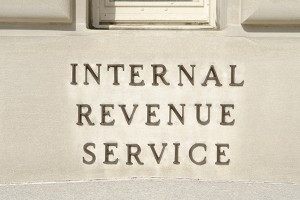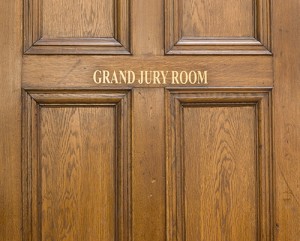A person does not need to be convicted of having a large quantity of drugs to be subject to the mandatory minimum nor does the person need to actually possess the illegal drugs on their person. All drugs are not treated equally and here is a list of illegal drugs along with the weight required to trigger mandatory minimum sentences.
Marijuana
- 2 lbs. to < 10 lbs. or 10 to < 21 live plants - 1st conviction is 1 year, subsequent conviction is 2 years.
- 10 lbs. to < 50 lbs. or 21 to 51 live plants - 1st conviction is 3 years, subsequent conviction is 4 years.
- 50 lbs. or more or 51 live plants or more – 1st conviction is 5 years subsequent conviction is 5 years.
Heroin
- 1 gram to < 5 grams - 1st conviction is 2 years, subsequent conviction is 3 years
- 5 grams to < 50 grams - 1st conviction is 3 years, subsequent conviction is 5 years
- 50 grams or more – 1st conviction is 5 years, subsequent conviction is 7 years
Cocaine
- 2 grams to < 10 grams - 1st conviction is 1 years, subsequent conviction is 3 years
- 10 grams < 100 grams - 1st conviction is 3 years, subsequent conviction is 5 years
- 100 grams or more – 1st conviction is 4 years, subsequent conviction is 7 years
Methamphetamine
- 5 grams to < 10 grams - 1st conviction is 3 years, subsequent conviction is 5 years
- 10 grams to < 100 grams - 1st conviction is 4 years, subsequent conviction is 7 years
- 100 grams or more – 1st conviction is 5 years, subsequent conviction is 8 years
Amphetamine such as ecstasy
- 5 grams or more – 1st conviction is 2.5 years, subsequent conviction is 5 years
Methaqualone
- 50 tables to < 200 tablets or 25 grams to < 100 grams - 1st conviction is 1 year, subsequent conviction is 3 years.
- 200 tablets or more or 100 grams or more – 1st conviction is 2.5 years, subsequent conviction is 5 years.
School Zone
- Use, possession, or delivery of drug paraphernalia near a school by non-student (unless it relates to less than 0.5 oz. of marijuana) – 1st conviction is 1 year in addition to any imprisonment for the underlying drug crime.
If you are arrested and convicted of possessing any of the drugs listed here you may still avoid the mandatory minimum as long as the prosecution does not charge you or prove you intended to distribute the drug. Then you may qualify for an intervention program such as Veterans Court or home confinement or through the Accelerated Rehabilitative Disposition Program depending on if it is your first offense and other factors.
If you are arrested for possession or on any drug related charge, please contact Gregory J. Spadea online or at 610-521-0604, of Spadea & Associates, LLC in Folsom, Pennsylvania.















